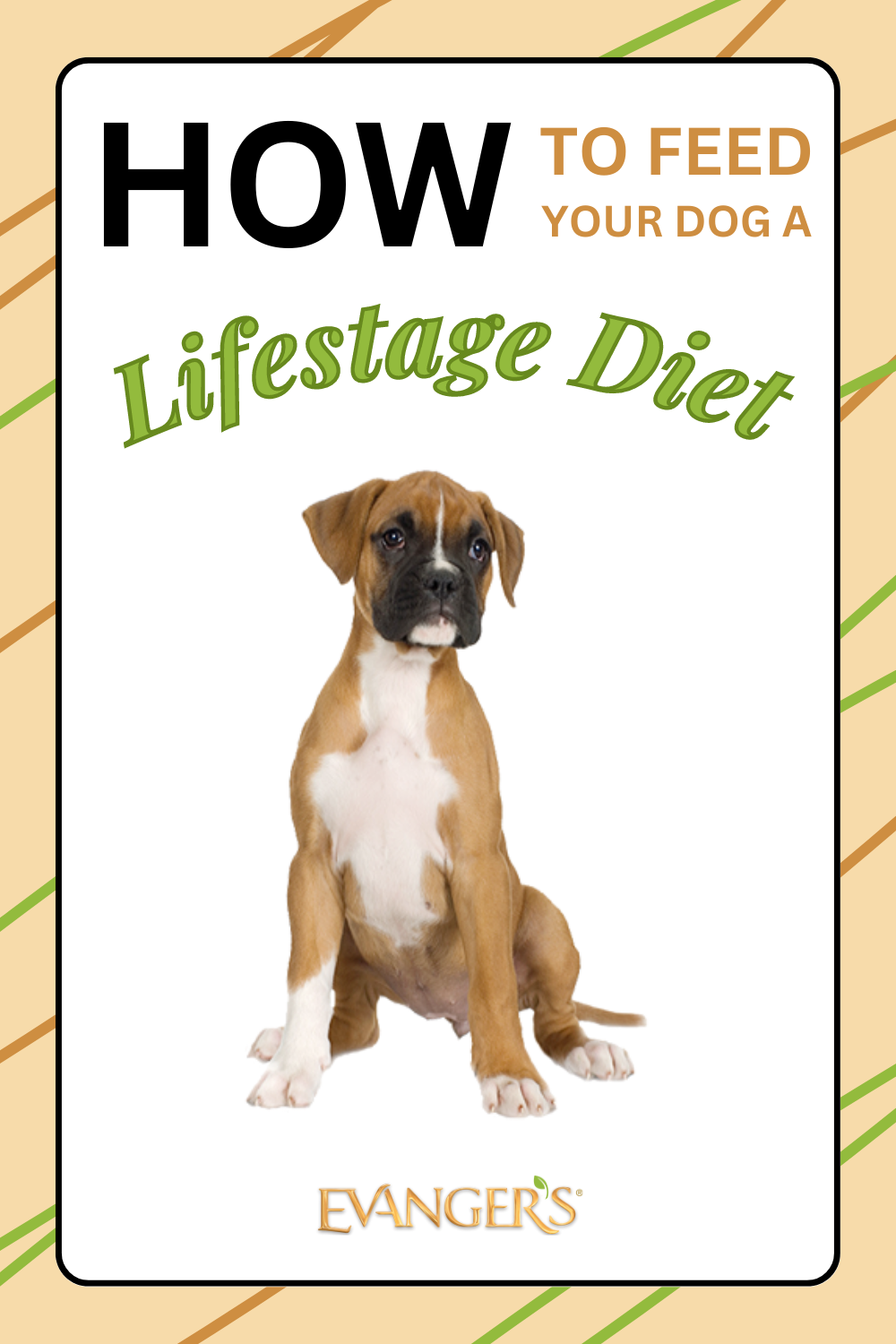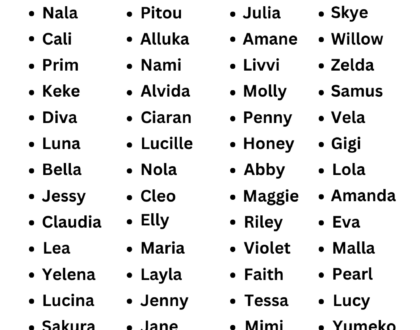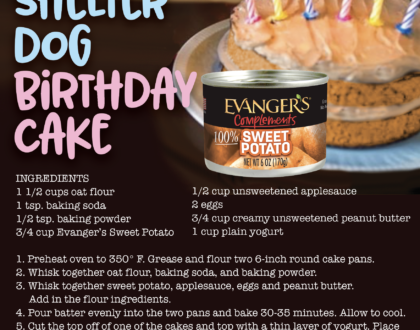How to Feed Your Dog a Lifestage Diet

by Ian Germann
Feeding your dog a life stage diet is essential to ensure that they receive the nutrients they need at every stage of their life. Life stage diets are formulated to meet the specific nutritional needs of dogs at different stages of their life, including puppies, adult dogs, and senior dogs. Here’s tips for feeding a life stage diet to your dog depending on their age.
Puppy
Look for puppy food that has real meat as the first ingredient, is rich in protein and fat, and contains essential vitamins and minerals like calcium and phosphorus. Avoid foods that contain fillers like corn and wheat, as they do not provide the necessary nutrients and can lead to digestive issues.
Puppies require a specific ratio of protein, fat, and other nutrients for proper growth and development. While growing puppies require more food per meal when compared to older dogs, overfeeding your puppy can lead to obesity and other health issues, while underfeeding can stunt their growth and development.
Also make sure your puppy has access to clean, fresh water at all times. Puppies have a higher water requirement than adult dogs, so make sure they have plenty of water available.
Evanger’s Heritage Classic Puppy Food is perfect for growing pups, with a limited ingredient diet filled with vitamins and minerals to make sure they grow up happy and healthy.
Adult
Just like in puppies, it’s important to feed your adult dog food that has real meat as the first ingredient, is rich in protein and fat, and contains essential vitamins and minerals.
When transitioning your puppy to an adult dog life stage diet, do it gradually over several days. Start by mixing a small amount of the new food with their old food, gradually increasing the proportion of the new food over several days. This will allow their digestive system to adjust to the new diet and prevent any gastrointestinal issues.
As the longest stage of a dog’s life, it’s important to establish routine in an adult dog’s life by setting consistent feeding times. It’s also important to not fall into bad habits such as feeding your dog table scraps as this can lead to weight gain and digestive issues.
Senior
Feeding a life stage diet to a senior dog is important to ensure they receive the necessary nutrients for their aging bodies, letting them live a happy and healthy life as long as possible.
Senior dogs, like humans, are more susceptible to joint problems as they age. Joint issues are common in senior dogs and can lead to discomfort, pain, and reduced mobility. This is why you should look for senior dog food that contains supplements such as glucosamine and chondroitin for joint health. These supplements can help reduce inflammation and support the production of healthy cartilage in the joints. Omega-3 fatty acids are also beneficial for joint health as they have anti-inflammatory properties.
Senior dogs may have dental issues, making it difficult to chew and digest dry kibble. Consider offering wet food in addition to dry kibble. Wet food is easier to chew and digest and can help maintain their hydration.
Evanger’s Heritage Classic Senior Dog Food was designed specifically for older and less active dogs, with an easily digestible recipe filled with locally-sourced ingredients to keep aging pups in tip-top shape.
Recommended Posts

100 Amazing Female Dog Names
August 18, 2023

How to Make a Shelter Dog Birthday Cake!
August 10, 2023

How to Find the Perfect Dog Food
June 28, 2023


